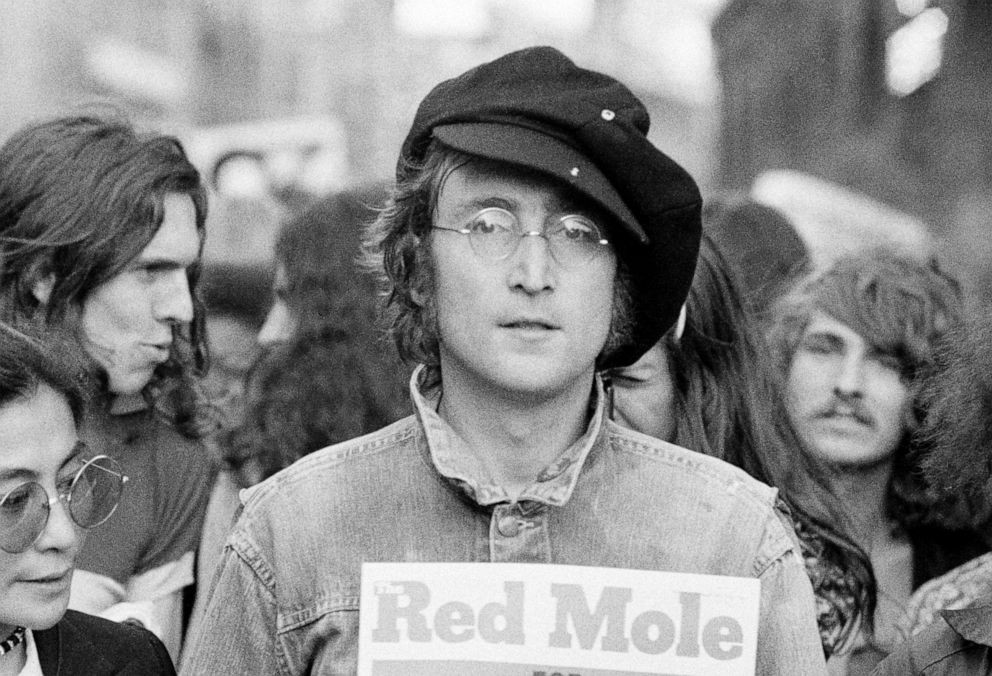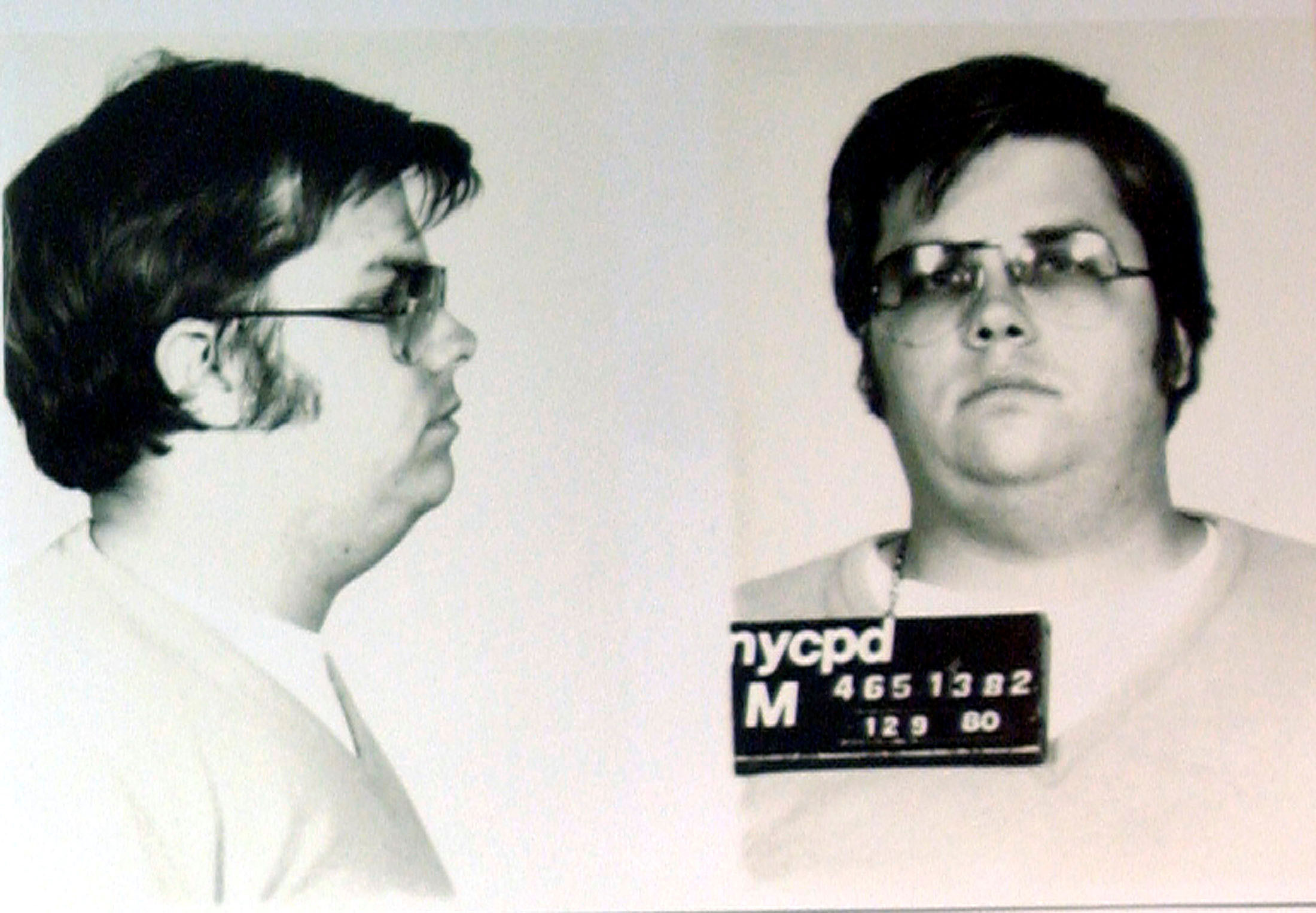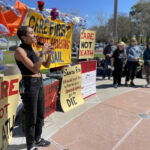The tragic death of John Lennon on December 8, 1980, sent shockwaves across the globe, leaving fans and the world at large grappling with the senseless act. Mark David Chapman, his killer, has consistently been denied parole, and transcripts from his hearings offer chilling insights into the question: Why John Lennon Died. Far from a politically motivated assassination, Chapman’s own words reveal a disturbing quest for “glory” fueled by anger and jealousy.
Chapman’s parole hearing transcripts, obtained by ABC News, paint a picture of a man driven by a twisted desire for notoriety. When asked directly why he shot the beloved Beatles icon, Chapman stated plainly it was for “glory.” This wasn’t a spur-of-the-moment decision; Chapman confessed to harboring resentment towards Lennon’s lifestyle, perceiving him as hypocritical for advocating a “cautious, more giving lifestyle” while living in luxury. “At the time my thinking was he has all of this money, lives in this beautiful apartment and he is into music representing a more cautious lifestyle, a more giving lifestyle,” Chapman explained to the parole board. “It made me angry and jealous compared to the way I was living at the time. There was jealousy in there.” This admission reveals a deep-seated envy that festered and ultimately contributed to the tragic events of that December day.
The planning behind Lennon’s murder was disturbingly calculated. Chapman admitted to purchasing a gun months prior and traveling from Hawaii to New York City with the express intention of confronting Lennon. He even had a list of other potential celebrity targets, indicating a broader, if misguided, ambition for fame through violence, should Lennon not have been accessible. This premeditation underscores the severity of Chapman’s actions and the depth of his obsession.
 John Lennon at a rally in Hyde Park, London, 1975, showcasing his iconic round glasses and peace symbol.
John Lennon at a rally in Hyde Park, London, 1975, showcasing his iconic round glasses and peace symbol.
During the parole hearing, a commissioner accurately pointed out the public perception of Chapman’s “glory” as “infamy.” Chapman’s chilling response, “Infamy brings glory,” solidified the parole board’s decision to deny his release for the eleventh time. The panel’s statement directly addressed this disturbing mindset: “During the interview you stated you committed this murder to seek glory. You said ‘infamy brings you glory.’ This panel finds your statement disturbing. Your actions represented an evil act. The fact that today, almost 40 years later, you can still speak of what you did as something that you felt was a positive and in your mind gave you ‘glory’ at the time, is disturbing for this panel.” This highlights the parole board’s concern that Chapman still, to some extent, justifies his actions based on a warped sense of achievement.
Chapman’s path to infamy culminated outside The Dakota, Lennon’s Upper West Side residence. Earlier that day, Lennon had even autographed an album for Chapman, a chilling detail that underscores the random and personal nature of the attack. Hours later, Chapman returned, gun in hand, and ended Lennon’s life. This act, driven by a desire for self-glorification and fueled by envy, robbed the world of a musical genius and peace advocate.
 Mugshot of Mark David Chapman, the confessed killer of John Lennon, taken after his arrest.
Mugshot of Mark David Chapman, the confessed killer of John Lennon, taken after his arrest.
In a seemingly paradoxical twist, Chapman, now a self-professed Christian, expressed a desire to become an evangelist if released. He spoke of God’s love and purpose for his life, stating, “Look how low I went, but yet God still loves me and cares about me and has given me purpose and meaning in my life.” This statement, while perhaps reflecting a personal transformation, does little to mitigate the gravity of his crime or the pain inflicted on Lennon’s family and fans.
Chapman extended an apology to Yoko Ono, Lennon’s widow, acknowledging the profound loss he caused. “I just want her to know that she knows her husband like no one else and knows the kind of man he was. I didn’t. I just judged him from a book and I murdered him,” Chapman said. He further elaborated on his warped perception of Lennon, admitting, “I assassinated him, to use your word earlier, because he was very, very, very famous and that’s the only reason and I was very, very, very, very much seeking self-glory, very selfish. I want to add that and emphasize that greatly. It was an extremely selfish act. I’m sorry for the pain that I caused to her. I think about it all of the time.”
In conclusion, the question of why John Lennon died is answered not by grand political conspiracies, but by the disturbingly simple and selfish motives of Mark David Chapman. Driven by a toxic mix of envy and a craving for notoriety, Chapman’s actions remain a stark reminder of the devastating consequences of unchecked ego and the enduring tragedy of Lennon’s untimely death. His continued parole denials reflect a justice system and a society that refuses to forgive or forget the senseless act that silenced a global icon.

